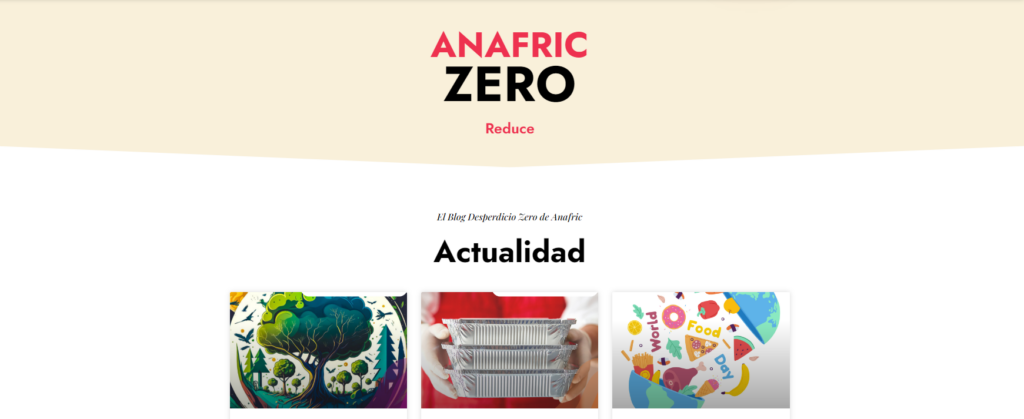Food waste has become one of the most important concerns worldwide. It is generated at all stages of the food chain: from primary production to consumption. According to official data, waste figures worldwide are high. It is estimated that a third of the food produced is not used. Although meats are part of the foods that are wasted the least, they make up, along with dairy products and oilseeds, 20% of the foods that are wasted.
Given this concern, Anafric, a meat business association, has launched a communication campaign to disseminate what the meat sector is doing to stop waste and to raise awareness of the “necessary and essential” contribution of all links in the meat industry to stop climate change and contribute to a better distribution of food globally.
Contents aimed at different audiences
The campaign can be seen through the website anafriczero.anafric.es where a sector and a trade with a green future are valued. This blog reviews updated data on the meat sector and segments its content into four different objectives, according to the audience you wish to impact: restaurants, the domestic sphere, the workplace and commercial establishments.
For José Friguls, president of Anafric, “we believe that it is necessary not only to inform about the importance of putting a stop to waste, but also to notify all the projects that the meat industry and the restaurant sector are carrying out. It is necessary that society understand that the industries are involved, we have been aware for years because our future depends on what we do today.
The website, which is also visible from the anafric.es web portal, is a blog that will be updated regularly. The contents are divided into quarterly themes starting with restoration. In November, waste will be related to domestic consumption. In February 2024, the topic will be the workplace and starting in May 2024, the information will consist of advice for commercial establishments.
“This is a job to be done by everyone,” explains the president of Anafric. “Prevention and reduction must be part of our DNA, but we must only say it, but show that we do it.”
The portal is in Spanish and Catalan and will soon also be available in English. You can also see the information published through Anafric’s social networks: Facebook, Twitter, LinkedIn and Instagram.

















